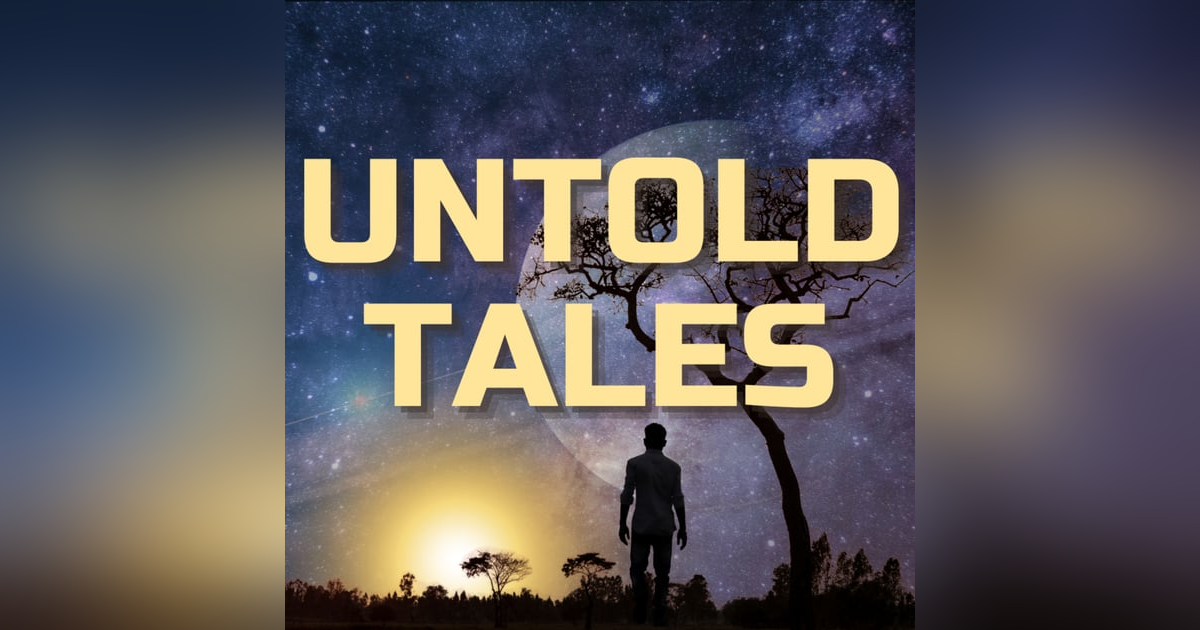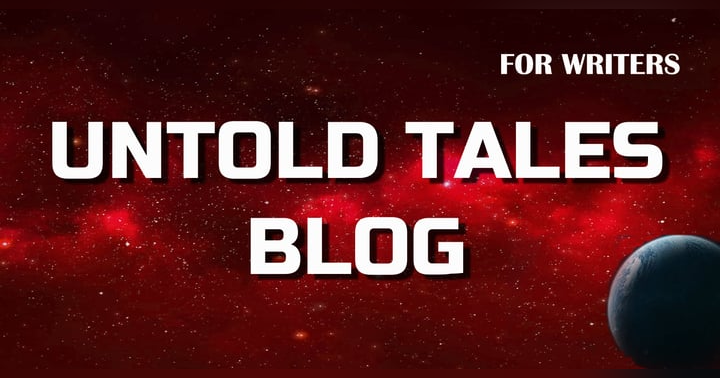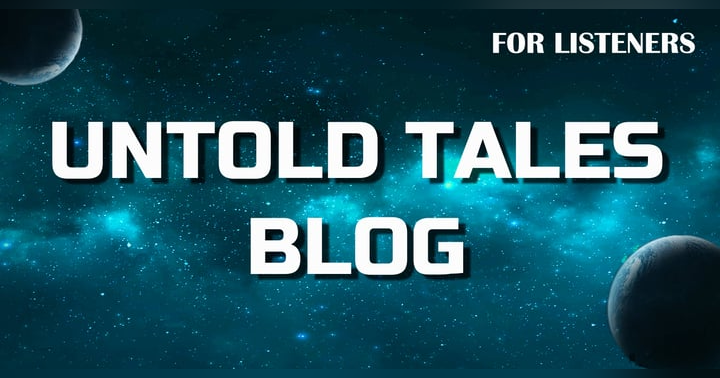Science Fiction - Nineteenth-Century Technology and Society - Part 2

As mentioned in the last blog, advances in science and technology had a profound influence on writing in the late nineteenth and the early twentieth centuries.
As new branches of physics, chemistry and medicine grew, so did the opportunities for these ideas to enter the realm of fiction… science fiction was born and grew alongside it.
Mass production techniques also changed the nature of war. Instead of guns being made one at a time by artisans, they were now mass-produced with interchangeable parts. They became cheaper and more plentiful. They were more reliable and, unlike flintlocks, could even continue to function in heavy rain. They were lighter. They could be loaded and fired faster. War became far more terrible. (Note that more Americans were killed in the Civil War than have been killed in all of the wars fought since, including WWI, WWII, the Korean War, Vietnam, the Gulf Wars.)
Advances in natural science led Darwin to publish his theories of evolution in The Origin of Species. These ideas again violated centuries of tradition and sparked another kind of civil war between evolutionists and creationists that still rages today.
During this same period, advances in chemistry spawned dozens of new disciplines. Photography was developed and was used to capture the new horror of war for the general populace for the first time. Gunpowder gave way to nitroglycerin and eventually to dynamite. Construction projects began on scales that would have been impossible before. Developments in chemistry also hastened advances in the medical sciences
Engineering became a science and construction standards that had been debated for centuries finally became accepted and persist today. In the latter part of the century, experiments in controlled flight laid the groundwork for additional advances in transportation (and war again). The science of aviation was born.
Advances in the production of glass allowed the manufacture of the first large telescopes and Lowell turned his new instruments to the heavens. He claimed to see canals on Mars and Man became enamored of new realms of possibility and imagination.
While one can easily argue that far more advances and changes have occurred during the twentieth century, more truly fundamental technological changes occurred in the nineteenth century. Many of our technologies are merely the consequences of the changes that began back then.
Perhaps it was this combination of social upheaval and disorder combined with these new advances in science that sparked the birth of science fiction. With all of the changes occurring around them, the people of those times could not help but ask what would happen next.
While magazines like Would That It Were focus on the science fiction of that era, the period between the revolutionary war and World War II still remains popular with many contemporary science fiction writers. Indeed, many of SF’s most popular authors are drawn again and again these remarkable years.
Harry Turtledove recently wrote a series about the Civil War in which he speculates what might have happened if the South had won the war. (The Guns of the South, How Few Remain and The Second War of the South).
A few years ago, Bruce Sterling wrote about a world that might have come about if Charles Babbage had finished the construction of his mechanical calculating machine, The Difference Engine. Can you imagine the Information Age hitting Victorian England’
Richard Dreyfuss and Harry Turtledove wrote an alternative history of the Americas, called The Two Georges, in which King George of England did not go mad, but rather remained sane and managed the New World Colonies so well that the Revolutionary War never occurred.
John Barnes has expanded such alternative Histories of still other eras into his Timeline series with the books Caesar’s Bicycle, George Washington’s Dirigible and Patton’s Spaceship.
With the massive number of changes that occurred in the 1800’s, it’s almost impossible not to ask, “What would have happened if’' These types of questions, however, inevitably lead to speculations about worlds that never were but might have been. Whether on Earth in the past, in the far future or on a distant star, this is the essence of science fiction. 'What If’'
So popular is this era to modern science fiction writers, that Alternate History stories have become a genre of its own. This type of fiction is attractive because it combines science fiction with familiar, albeit historical, settings. Famous people suddenly reappear and have experiences that never happened. This combination of old and new is unique to this style of fiction.
Part of the attraction to this period is due to the remarkable number of changes that occurred on the world back then. Oddly, a century after these event, we are still pondering the scope and impact of the changes that occurred.
More than a hundred years later, the realms of fiction remains an area of unprecedented opportunities... at least to imaginative science fiction writers.
New media… TV programs and on-demand streaming series, movies, videos, podcasts and more.
Fantasy has became more popular and acceptable.
It is not uncommon for different genres to be blended… merging science fiction, fantasy, alternate histories, mystery, drama, comedy and romance.
Science fiction is no longer an odd stepchild in literature. It dominates entire media spaces of its own.
Overall, its amazing how the world has changed… not only the technology of the real world… but the world of ideas as well.









